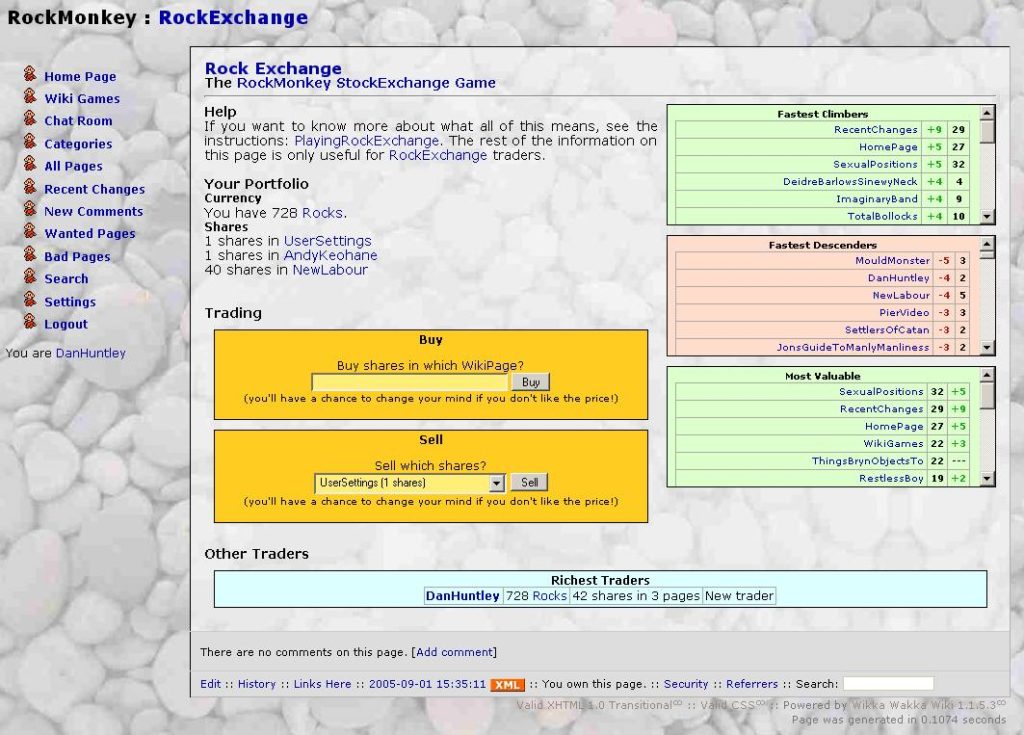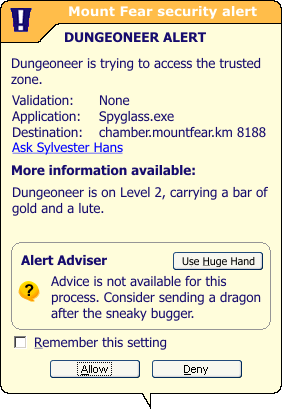10 rules for arguing in an effective, pleasant, and productive way. Thoughts of Dan. Disagreement and comments welcome.
1. Stating your opinions without backing them up is a very effective way of communicating your feelings, but is not very productive in advancing a debate. Explain why you think what you
think.
2. Don’t assume that the other person understands the fundamentals you’re building on. Don’t assume the other person understands what you’re saying. Make sure the other person feels
comfortable asking you questions: don’t shout at them for not knowing elementary things, and likewise, don’t put up with them complaining about your lack of knowledge – how can they
sell an idea to you that you don’t understand. Assumption is bad.
3. If you disagree with a premise, challenge it before further constructs are built upon it. If your premises are challenged, be ready to explain them rationally, and be ready to be
wrong. That’s okay.
4. There is no harm in being wrong. Apologise for your mistake, and do not berate others for their mistakes either. Sweep anybody’s mistakes under the carpet and forget about them: move
on to the next point.
5. Louder is not equivilent to more correct. Sometimes the best ideas come from the quietest people. Sometimes they don’t. Either way, you can’t hear them if you’re shouting.
6. Personal quips are best left aside. All stereotypes run the risk of causing problems, whether these are about the intelligence or knowledge of the debators, their right to know or
make decisions upon information, or the relevance or importants of topics being covered. Again, be ready to be challenged on anything, and treat such challenges with respect.
7. In the event of a conflict of understanding, be ready to accept the blame upon yourself. A misunderstanding always takes two people, but tempers can be kept low and order maintained
if you swallow your pride and, instead of saying “You must have misunderstood me,” say, “Sorry, I mustn’t have made that very clear.” Showing off and dominance are not productive.
8. If you need more time to formulate your argument, explain yourself, do further research, or just to stop for the time being and take a break, that’s fine. If others ask the same of
you, allow them as long as they need. A break helps everybody’s mind work, and while time can be precious, so is the ability to compose oneself.
9. The last word is not the best. Don’t fight to get the last word in, mutter something under your breath, or otherwise make yourself feel better by putting others down – it’s rude,
selfish, and counter-productive. If you’re wrong, you’re wrong: move on to the next point. If you need more time, that’s fine, and you’ll be able to forgive the others’ for their
rudeness by knowing that you are nice enough not to be so rude to them. Backstabbing is the fastest way to upsetting the balance of calm in a debate.
10. By respecting these rules, being polite, explaining yourself well, and being tolerant of others’ needs, you’ll be able to express yourself effectively and without degenerating into
yelling and personal digs. But don’t expect others to do the same: not everybody finds it easy to keep a cool head in a hot debate. You’ll need to make up for them by remaining
rational, re-iterating their points in your own words to ensure that everybody (even you) has understood them, and dealing with them fairly and pleasantly.
Be told.




